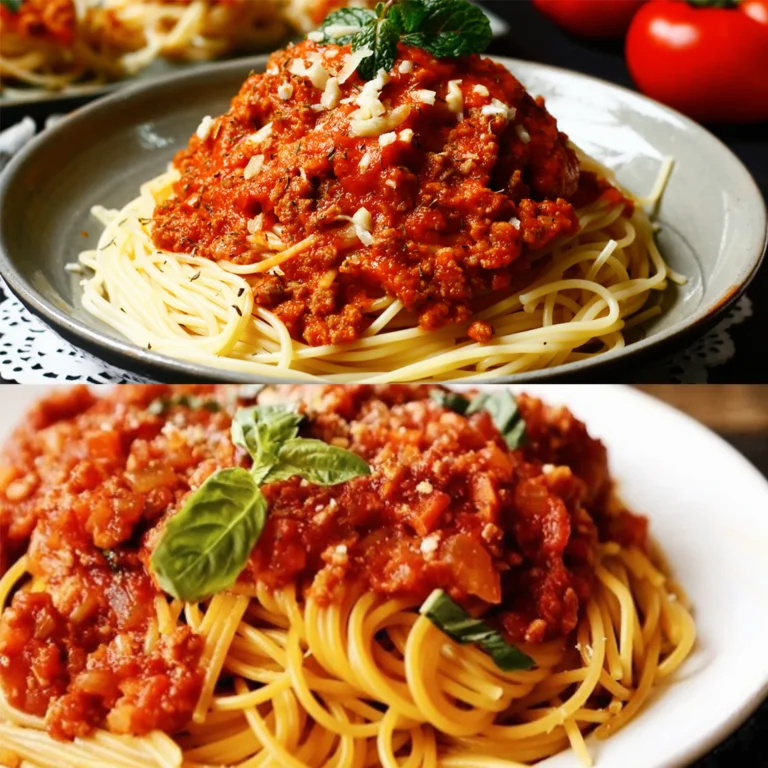
Ultraprocessed Foods: How Bad Are They for Our Health?
Ultraprocessed foods have become a staple in the American diet, making up a significant portion of daily meals for most people. From breakfast cereals to frozen pizzas and snacks like chips and sodas, these foods are pervasive. In fact, they account for about 60% of the U.S. diet, and for children and teens, the figure rises to approximately two-thirds. While their convenience and taste are undeniable, ultraprocessed foods have been increasingly linked to a range of negative health outcomes, sparking concern among nutrition experts and the general public alike.

Understanding Ultraprocessed Foods
To grasp the potential risks associated with ultraprocessed foods, it’s essential to understand what they are. Most foods undergo some form of processing, such as freezing, grinding, or pasteurization. However, ultraprocessed foods go a step further. First classified by Brazilian epidemiologist Carlos Monteiro and colleagues in 2009, these foods are defined not by their nutrient content but by the extent of their processing.
Ultraprocessed foods are typically created through industrial processes and contain ingredients like additives, preservatives, and artificial colors that are difficult to replicate in a home kitchen. According to Kevin Hall, a researcher at the National Institutes of Health (NIH) who specializes in metabolism and diet, these foods make up the majority of packaged items seen on grocery store shelves. They are often designed to be cheap and highly palatable, striking a perfect balance of sugar, salt, and fat that makes them hard to resist.
Despite their prevalence, the level of processing alone does not necessarily determine whether a food is unhealthy. For instance, whole-grain bread, yogurt, tofu, and even infant formula are all highly processed but also offer nutritional benefits. This complexity makes it challenging to draw definitive conclusions about the health impacts of ultraprocessed foods.
Health Risks Associated with Ultraprocessed Foods
Numerous studies have suggested that diets high in ultraprocessed foods are linked to various negative health outcomes, including obesity, diabetes, heart disease, depression, and even dementia. One recent study went as far as to suggest that consuming these foods could increase the risk of early death. However, nutrition science is inherently complex, and much of the research to date has established correlations rather than causation.
A key concern is that ultraprocessed foods tend to be high in sodium, saturated fat, and sugar while being low in fiber and protein. This nutrient profile could contribute to the health issues observed in studies, but it’s not clear whether these factors alone are driving the negative effects or if other aspects of ultraprocessed foods are at play.
To explore these effects more directly, Hall and his colleagues conducted a landmark study in 2019. The study involved 20 adults who lived at an NIH facility for a month, during which they alternated between diets of ultraprocessed and unprocessed foods. Each diet was matched for calories, sugar, fat, fiber, and macronutrients, and participants were allowed to eat as much as they wanted.
The results were telling: when participants consumed the ultraprocessed diet, they ate about 500 more calories per day than when they ate unprocessed foods. Over the course of the study, participants gained an average of two pounds (about one kilogram) on the ultraprocessed diet and lost the same amount when they switched to unprocessed foods. This study provided compelling evidence that ultraprocessed foods might encourage overeating, though more research is needed to fully understand the mechanisms at work.
Regulating Ultraprocessed Foods: Is It Necessary?
Given the growing body of evidence linking ultraprocessed foods to poor health outcomes, some advocates are calling for stricter regulations. Dr. Neena Prasad, director of the Bloomberg Philanthropies’ Food Policy Program, argues that the evidence is strong enough to warrant action. She supports measures such as increased taxes on sugary drinks, stricter sodium restrictions for manufacturers, and tighter controls on marketing ultraprocessed foods to children, similar to the regulations imposed on tobacco advertising.
Prasad raises an important question: “Do we want to risk our kids getting sicker while we wait for perfect evidence to emerge?” This sentiment was echoed earlier this year by FDA Commissioner Robert Califf, who acknowledged the complexity of regulating ultraprocessed foods but emphasized the need for a strong scientific foundation to guide policy decisions.
Managing Ultraprocessed Foods in Everyday Life
For consumers, navigating the world of ultraprocessed foods can be daunting, especially in countries like the U.S., where these foods dominate the market. Aviva Musicus, science director for the Center for Science in the Public Interest, suggests that rather than focusing solely on the level of processing, consumers should pay attention to the ingredients in their food. Checking labels and making choices that align with U.S. Dietary Guidelines can help people manage their intake of ultraprocessed foods more effectively.
Musicus emphasizes that it’s important not to vilify certain foods. Many people lack the time or resources to prepare every meal from scratch, and food should be a source of joy and nourishment, not moral judgment. She advises focusing on reducing added sugars and sodium while increasing the intake of minimally processed fruits and vegetables, which are consistently shown to be beneficial for health.

Ultraprocessed foods are deeply embedded in the American diet, and while they offer convenience and taste, they also come with potential health risks. As research continues to explore the impact of these foods, it’s crucial for consumers to be mindful of their choices and for policymakers to consider how best to address the public health challenges posed by ultraprocessed foods. Whether through individual action or broader regulatory efforts, finding a balance that promotes health while accommodating modern lifestyles will be key to addressing the complex issue of ultraprocessed foods.






